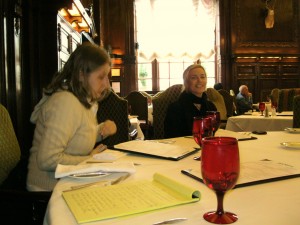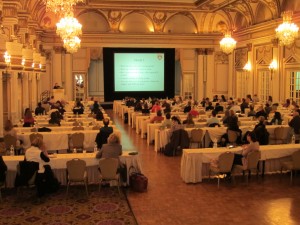
Nonfiction book proposal mistakes can get your proposal tossed into the circular file before the agent or publisher even gets past page one. Agents and acquisitions editors are some of the busiest people I know. They’re looking for reasons to move on, as much as they are looking for the next book they want to represent or publish.
8 Top Nonfiction Book Proposal Mistakes I See
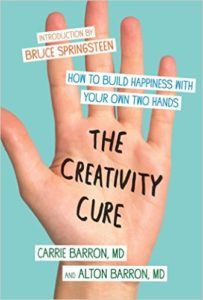
A Tired Title
Blah Blah Blah
Nonfiction Book Proposal Mistake 2: Starting with generalities: “People are so stressed nowadays”: Begin with something captivating: a shocking statistic that demonstrates market size and desperation for what your book offers, a counterintuitive statement that makes the reader curious and attentive, an especially powerful story, or something that indicates the huge numbers of people (in your target market) you reach in a year.
A to Z (Don’t Teach in a Nonfiction Book Proposal)
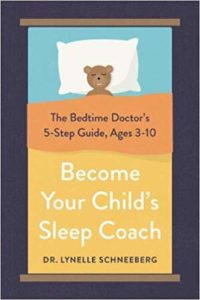
Nonfiction Book Proposal Mistake 3: Trying to teach your system to the agent/acquisitions editor/acquisitions board member who is reading your proposal. Yes, agents and acquisitions editors need to understand you have a system, but don’t lose them in the details.
Buried Treasure (Don’t Hide Your Platform)
Format Fumbles
Number Anemia

Nonfiction Book Proposal Mistake 6: Omitting sizes of primary and secondary markets. It’s not enough to include your primary and secondary markets. Be sure to include their size. How do you find those numbers? This is another area we’ll explore in my upcoming book proposal course.
A Focus on Pedigree
Old Comps
What to focus on in your Nonfiction Book Proposal, to Avoid Additional Mistakes

Your goal of the proposal is for the agent/publisher/acquisitions editor and acquisitions board to represent/publish the book. You want them to read the proposal and be convinced:

 I’m often asked, “Can you still get a book deal as a new author?”
I’m often asked, “Can you still get a book deal as a new author?”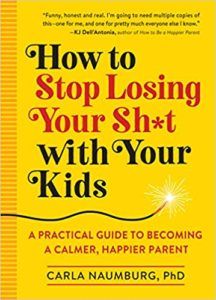
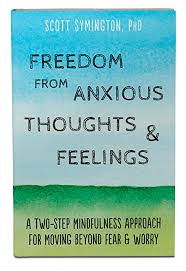
 In fact, I would still say, if you think you can interest a literary agent, that is still generally my recommendation if you want to traditionally publish. And, most of the time, to get a literary agent and get a publisher—in particular, a large trade publisher—one ingredient you need is a significant author platform (or online and/or offline following). However, the smaller and mid-size presses may not require quite as huge a platform—and could be a good fit for your book.
In fact, I would still say, if you think you can interest a literary agent, that is still generally my recommendation if you want to traditionally publish. And, most of the time, to get a literary agent and get a publisher—in particular, a large trade publisher—one ingredient you need is a significant author platform (or online and/or offline following). However, the smaller and mid-size presses may not require quite as huge a platform—and could be a good fit for your book.
 Tara Mardigan and Kate Weiler signed with
Tara Mardigan and Kate Weiler signed with 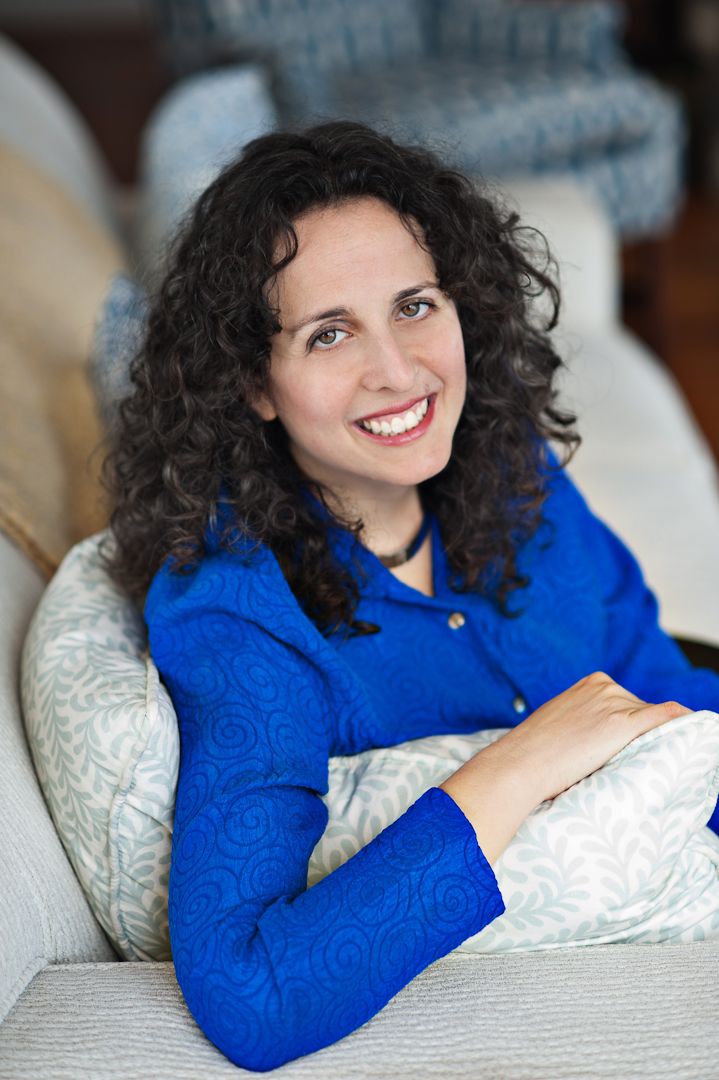
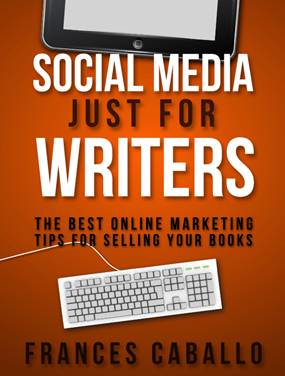
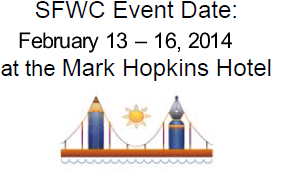 4. If you really want to learn how the publishing industry works so you can get published, join me at the
4. If you really want to learn how the publishing industry works so you can get published, join me at the 